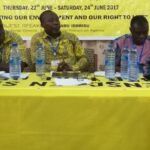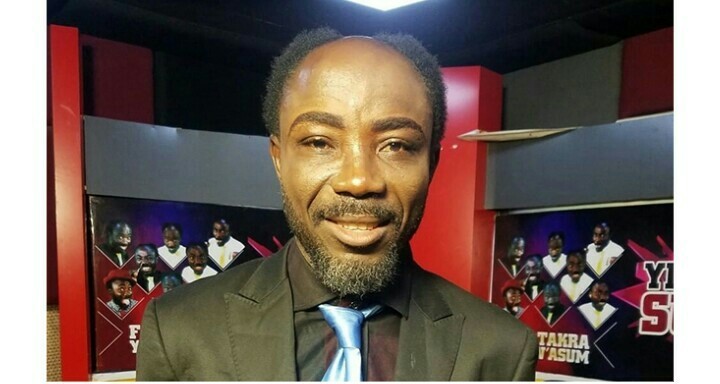Accra, Nov. 17, GNA – Amnesty International (AI) on Tuesday organised a day’s seminar for journalists to improve their performance on human rights and issues on mob action in Accra.
It was on the theme: “Ending Mob Violence in Ghana -The Role of the Media,” to enhance the capacity of 15 journalists to report fairly and accurately on mob action violations. Topics treated included mob action, democracy and rule of law, the lynching of a suspect without defence, violence against victims, rights of persons with disabilities, right to education and health, and arbitrary detention.
Mr. Frank Doyi, Growth and Activism Co-ordinator of Amnesty International Ghana, who made a presentation on mob action in Ghana, said the action was often referred to as “instant justice or mob justice because justice is often left in the hands of the perpetrators”. He said justice required an individual to be formally charged before a court and subjected to due process of law to adjudicate his or her guilt. Mr. Doyi noted that causes of mob action in Ghana were due to poor police-civilian relations, impatience on the part of many Ghanaians to wait for the law to take its course, an under-resourced police force, growing crime rate, a slow and over-burdened judiciary, lack of trust in the judicial system and failure of public institutions. He stressed the need for the media to continue to report on mob action and violence to protect people against some of these infractions and hold the government accountable.
Mr Doyi urged the media to be persistent in their reportage against impunity and monitor particular abuses in society. Mr Vincent Adzahlie-Mensah, Board Chairman of Amnesty International Ghana, speaking on the topic: “The Role of Journalists in Preventing Mob Action,” said journalists who intended to investigate mob action issues should be knowledgeable about the law and standards related to the particular mob action violations. He said journalists should find out exactly what was prohibited under the domestic laws and international human rights standards. Mr Adzahli-Mensah suggested an investigative team devoid of individuals who might be perceived to be partisan because of ethnicity, religious and political affiliation. He advised journalists with the desire to report on mob actions and violence to provide credible reports and develop the right contacts to have credible information. “Contact-building forms a major part of investigations and vital to human rights documentation into mob action and violence.
Source: GhanaWeb











